The publishing industry has come up against allegations of sexism before, but now, one writer is speaking out about how being a woman impacts your career as a writer.
Speaking to theBBC, Jojo Moyes, the author of best-selling novel Me Before You, highlighted how the term ‘chick lit’ demeans the seriousness of certain literature written by women and therefore turns potential readers off. ‘So many women who write about quite difficult issues are lumped under the 'chick lit' umbrella,’ she told the BBC. ‘It's so reductive and disappointing - it puts off readers who might otherwise enjoy them.’
Indeed, the term chick-lit is in itself problematic, gendering an entire genre of books as if men aren’t interested in female-centered romance plots and thereby reducing all female-written or audience-based books to frivolous reads. However, the publishing industry takes this one step further, by grouping female-written books together within the chick-lit genre. This means that we assume that any female-written book only deals with playful romance storylines rather than taking on serious issues and this translates into how they market the book.
It's something various successful novelists have spoken out about before, including The Storyteller author, Jodi Picoult. In 2014, she blasted the publishing industry for not taking female authors seriously, far too often pigeon-holing women into one genre of literature.
She told The Telegraph in 2014, that had a woman written The Marriage Plot by Jeffrey Eugenides then it would have had a ‘pink fluffy cover’. She said, ‘when people call The Storyteller [about a former Nazi SS guard] chick-lit, I actually break up laughing. Because that is the worst, most depressing chick-lit ever’.
Her sentiment is confirmed my Moyes, who continued to tell the BBC that books by female authors are always presented in the same way, with ‘pink and glittery’ covers. ‘Supermarkets wanted things that are easily categorised’ she said, ‘but people don't want to read something pink and glittery.’
‘My favourite covers are just words on the front cover in very nice fonts, with just a tiny image,’ she continued, ‘and it's no coincidence that I have a lot more male readers who aren't being put off.’
While Moyes is certainly right that novels with hard-hitting plots shouldn’t be given ‘pink and glittery’ covers, the assumption that this turns off only male readers only reinforces the idea that women are attracted to covers such as this, which are more aptly described as childlike than they are feminine.
Moyes states that female authors are ‘lucky to get a wider audience’ because of the way their books are marketed, saying ’the boundaries are being blurred with women writing domestic noir and thrillers. I want to see covers that are a bit more gender neutral.’
Her point certainly stands, hard-hitting novels should surely not have juvenile, lighthearted cover art simply because the author is a woman. However, assuming it’s a gender issue, and that seemingly ‘feminine’ covers turn men off is just as problematic as assuming more serious covers turn women off - which is the exact opposite point she is intending to make.
The more prevalent issue seems to be that publishers assume women only write, and want to read, romantic comedies with frivolous plot lines that are sold in a less serious way. In reality, thriller and detective novels now outsell all other genres of fiction, with 53% of those readers being women.
Therefore, the publishing industry is missing out on a whole host of readers purely because they market them in an archaic way. So how can this be rectified? Changing engrained gender assumptions takes more than just a few authors speaking out, however the statistics showing that more women than ever are reading crime novels serve as hard evidence that women are not the delicate, love-obsessed readers publishers think we are.
The more statistics and sales-based evidence to show that marketing towards women in publishing is outdated the more likely capitalist-minded publishers are to take note. So, keep reading those murder plots we seemingly love, you might worry you’re simply feeding your inner thirst for horror, but you’re actually doing more for women than you think…
Click through to see books written by women of colour that you need to read...
Debrief Books By Or About Women Of Colour
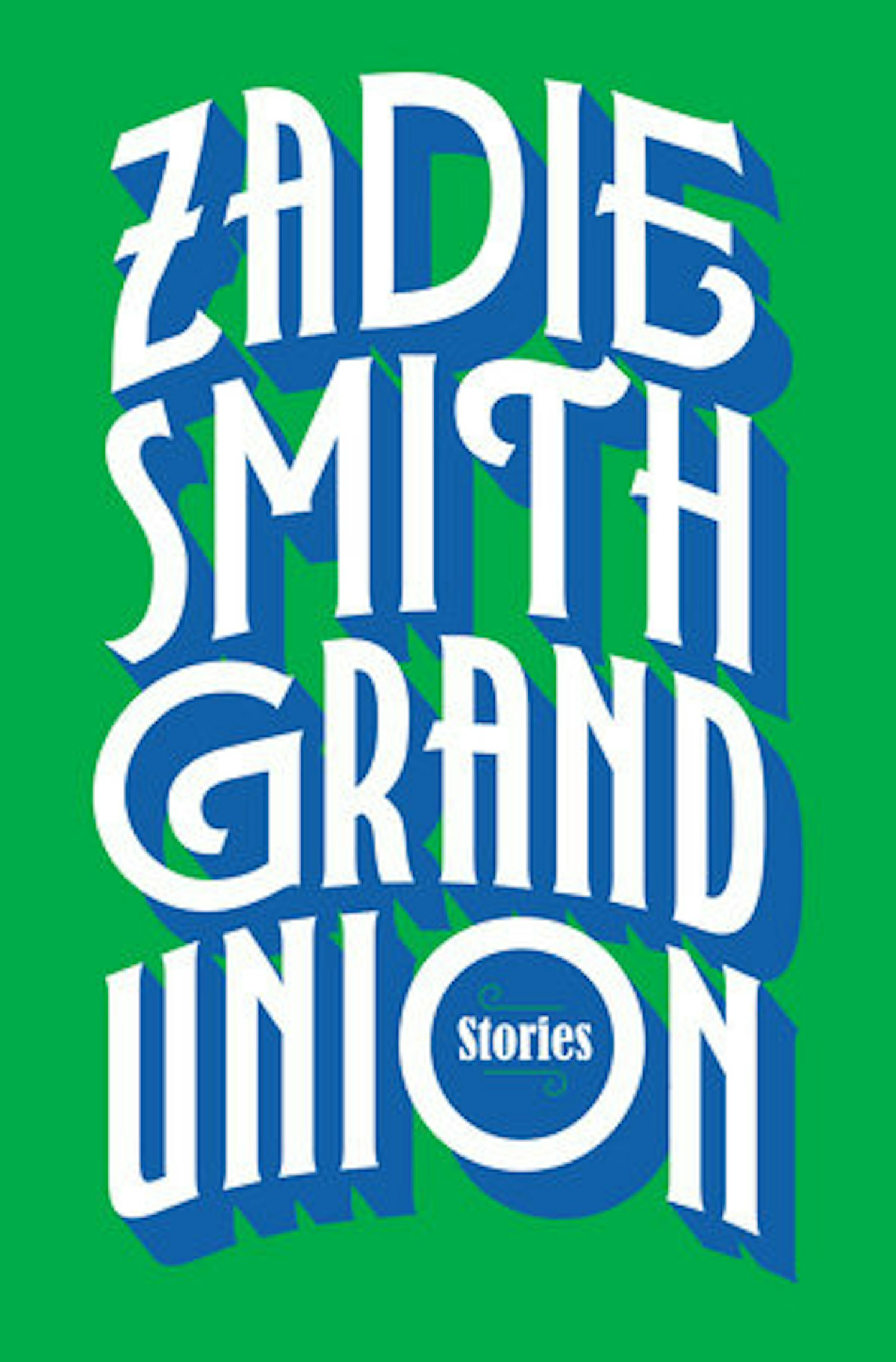 1 of 8
1 of 8Grand Union, Zadie Smith
The first ever collection of stories from the Man Booker Prize-shortlisted author of Swing Time and White Teeth
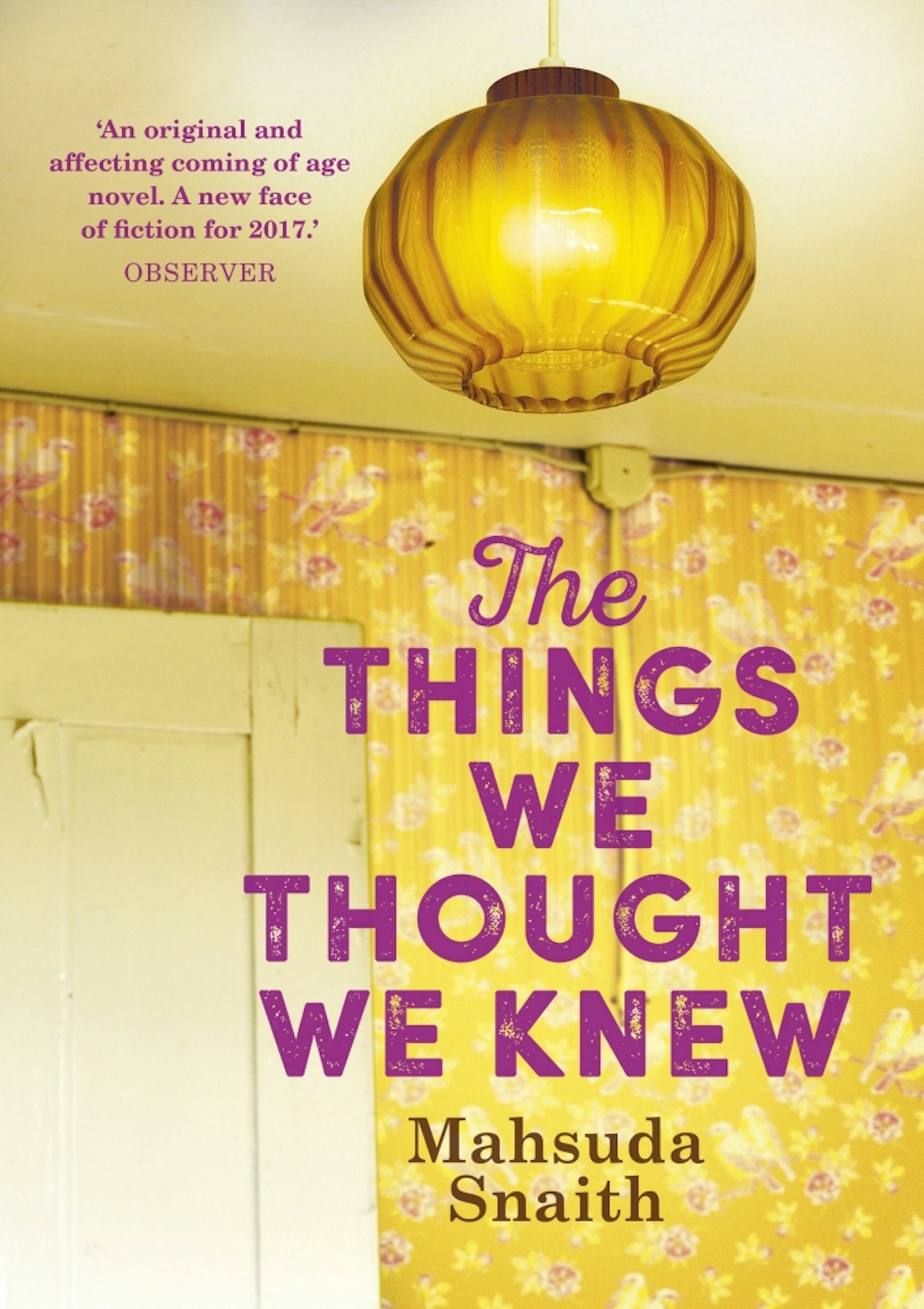 2 of 8
2 of 8The Things We Thought We Knew, Mahsuda Snaith
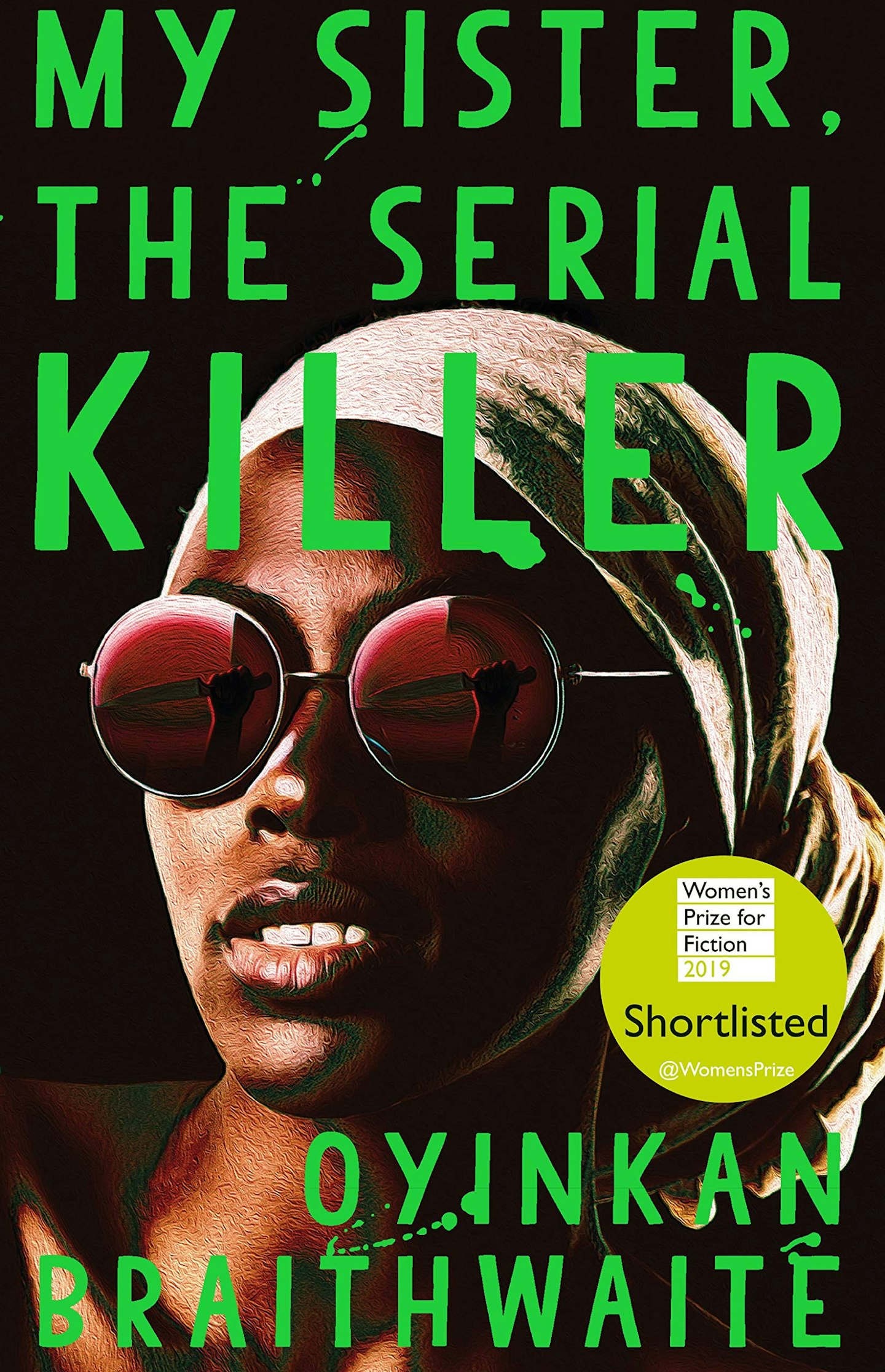 3 of 8
3 of 8My Sister, the Serial Killer, Oyinkan Braithwaite
My Sister, the Serial Killer is a blackly comic novel about how blood is thicker - and more difficult to get out of the carpet - than water
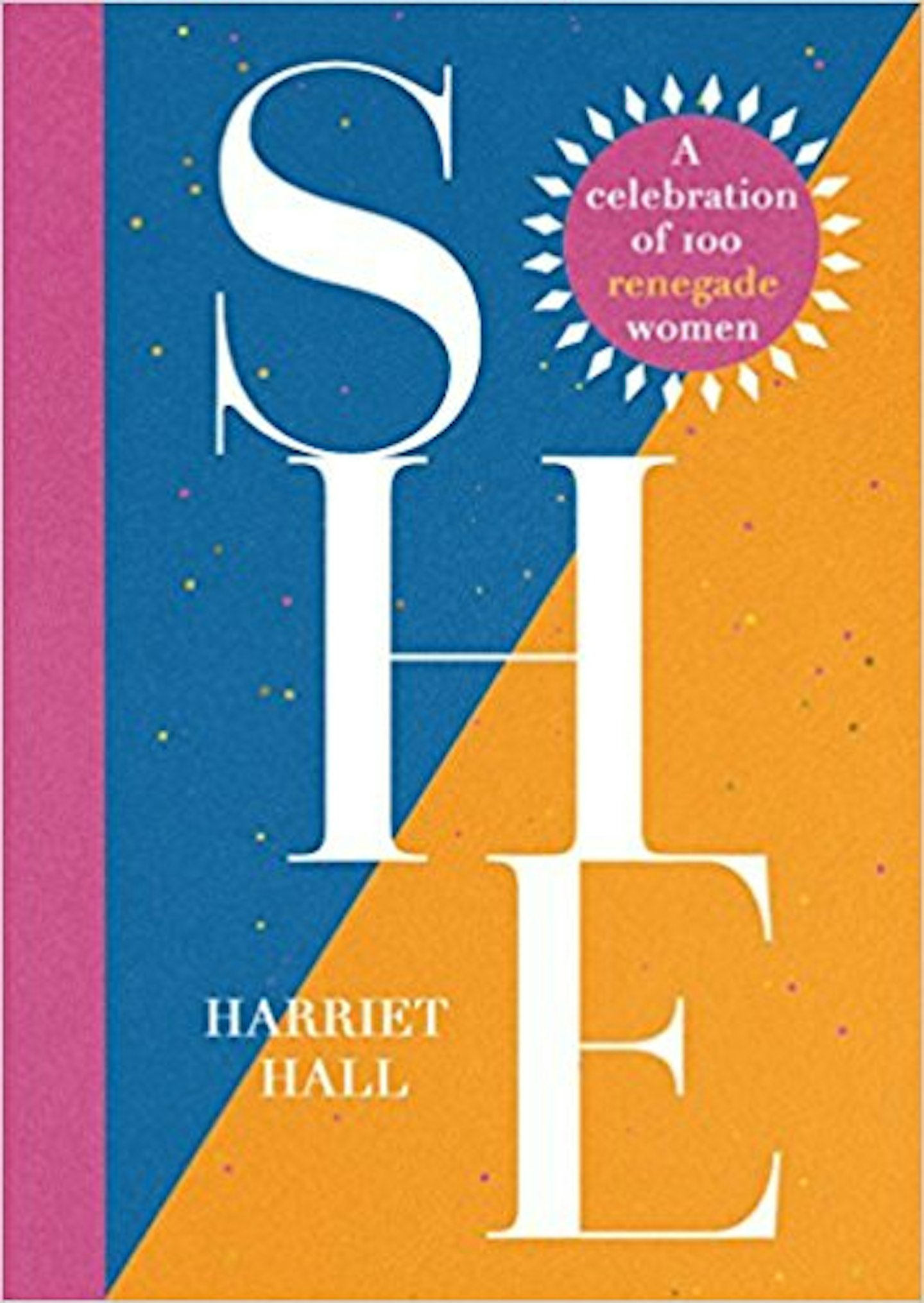 4 of 8
4 of 8She: A Celebration Of Renegade Women, Harriet Hall
Consider this a neat package of female inspiration in one book. It features one hundred women - from Frida Kahlo to Beyoncé - who have given a middle finger to the rules and made defining contributions to the world we know.
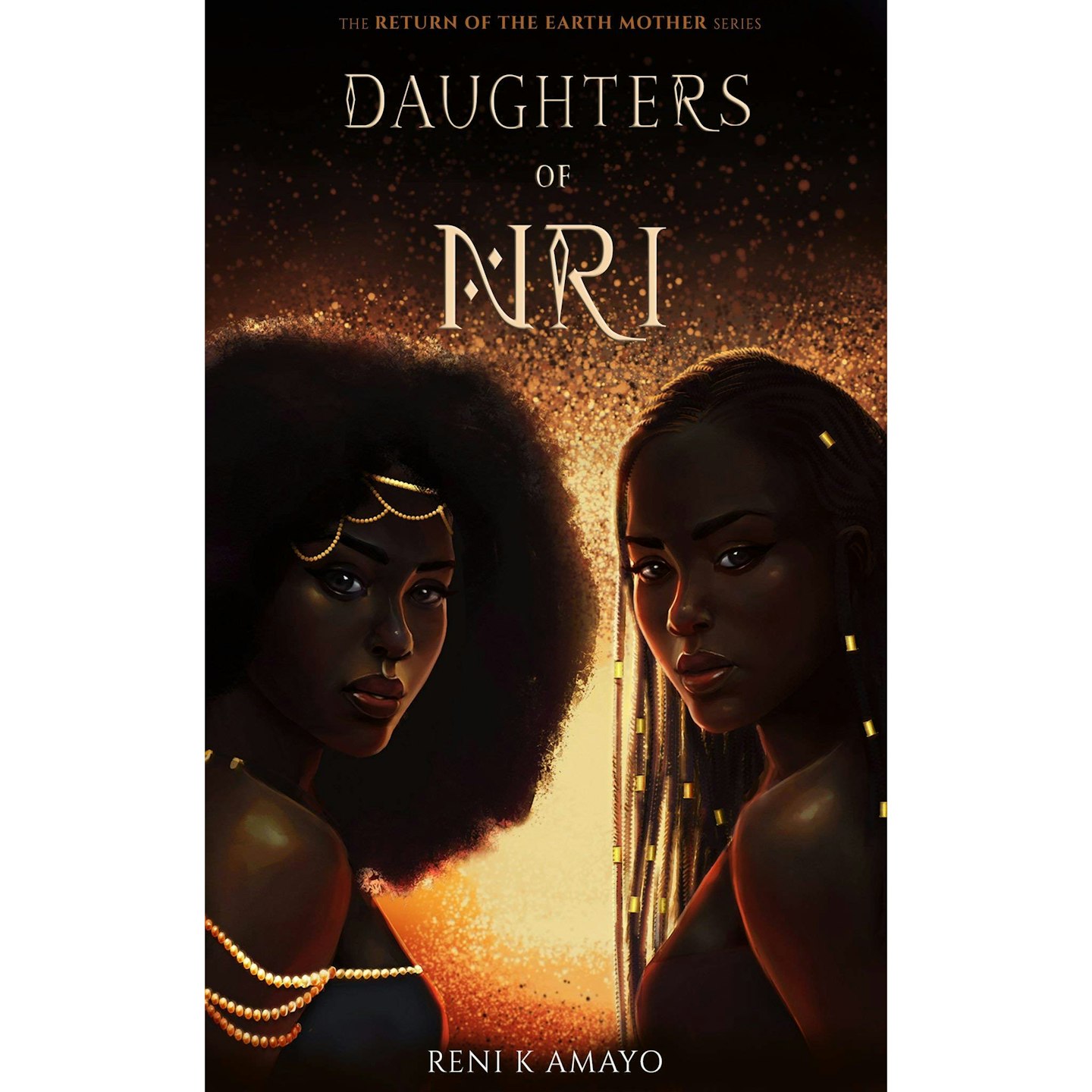 5 of 8
5 of 8Daughters Of Nri (The Return of the Earth Mother), Reni K Amayo
A gruesome war results in the old gods' departure from earth. The only remnants of their existence lie in two girls. Twins, separated at birth. Goddesses who grow up believing that they are human. Daughters Of Nri explores their epic journey of self-discovery as they embark on a path back to one another.
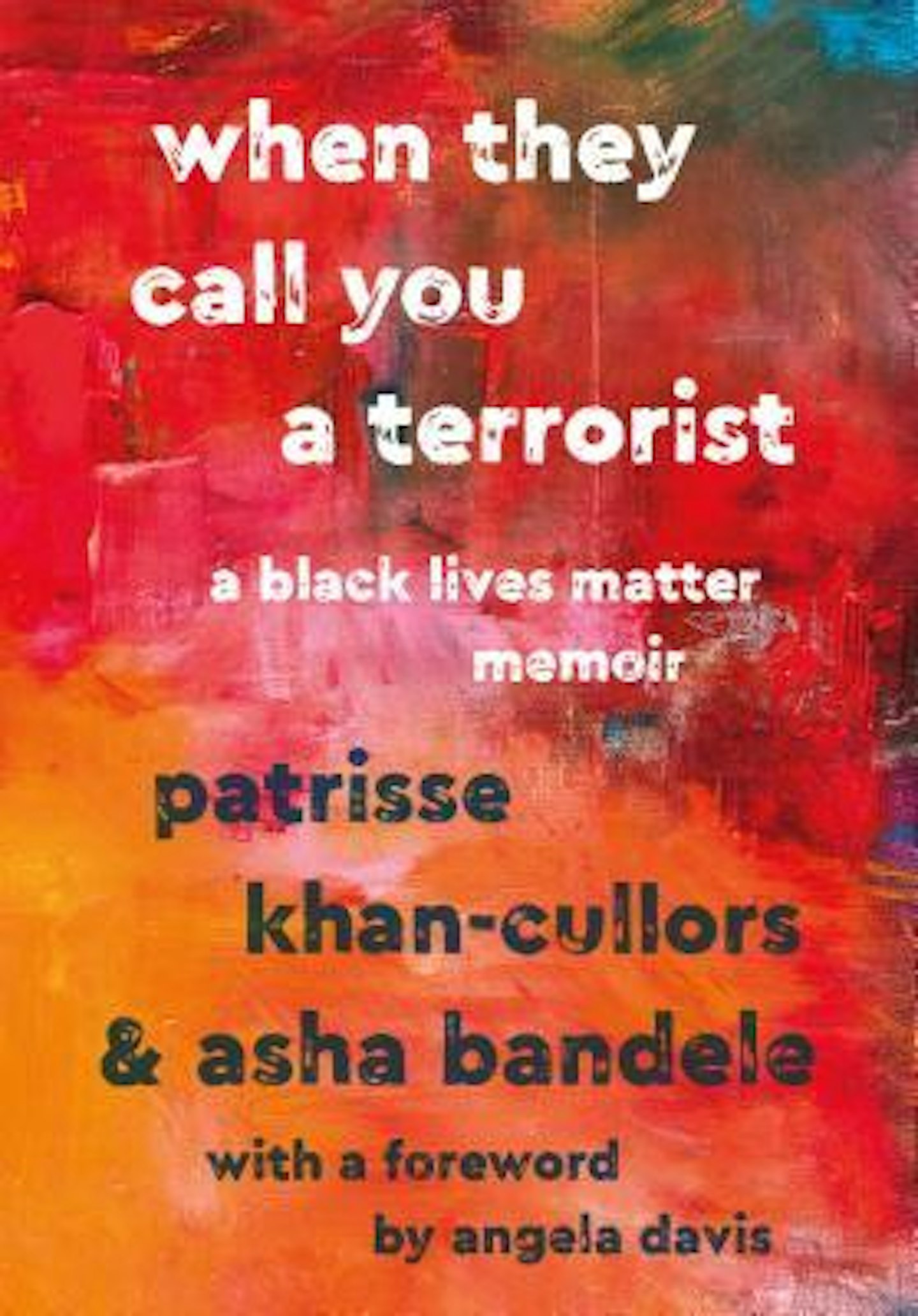 6 of 8
6 of 8When They Call You A Terrorist: A Black Lives Matter Memoir, Patrisse Khan-Cullors and Asha Bandele
This is the first memoir by Patrisse Khan-Cullors, one of the founders of the Black Lives Matter movement. It's one of those crucial reads that you'll struggle to forget about any time soon, which is a good thing, trust us. It tells the story of the movement and the people who survived the years of that prompted it.
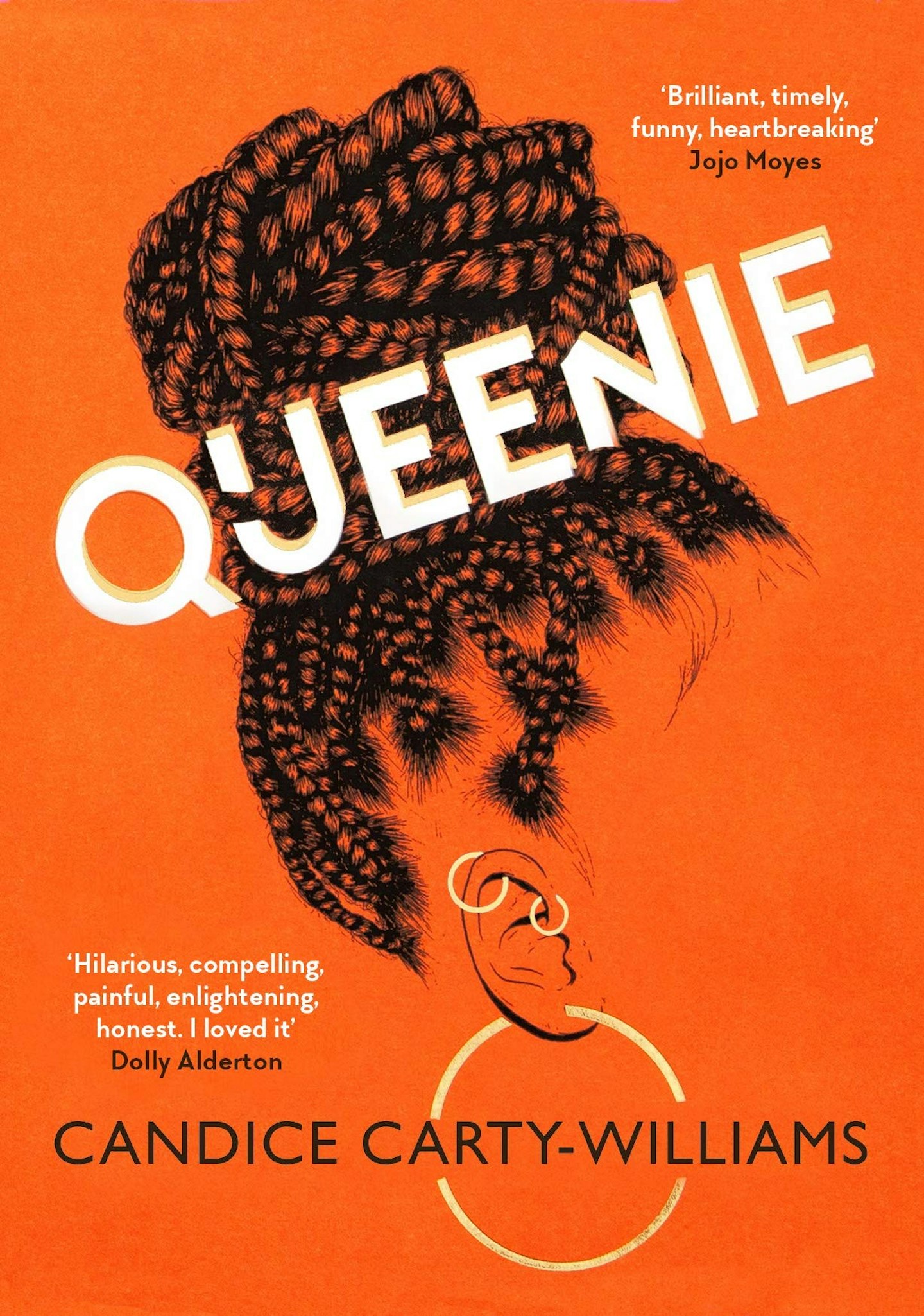 7 of 8
7 of 8Queenie, Candice Carty-Williams
A darkly comic and unflinchingly raw depiction of a young woman trying to navigate her way in the world, QUEENIE is about identity, independence and carving your own path
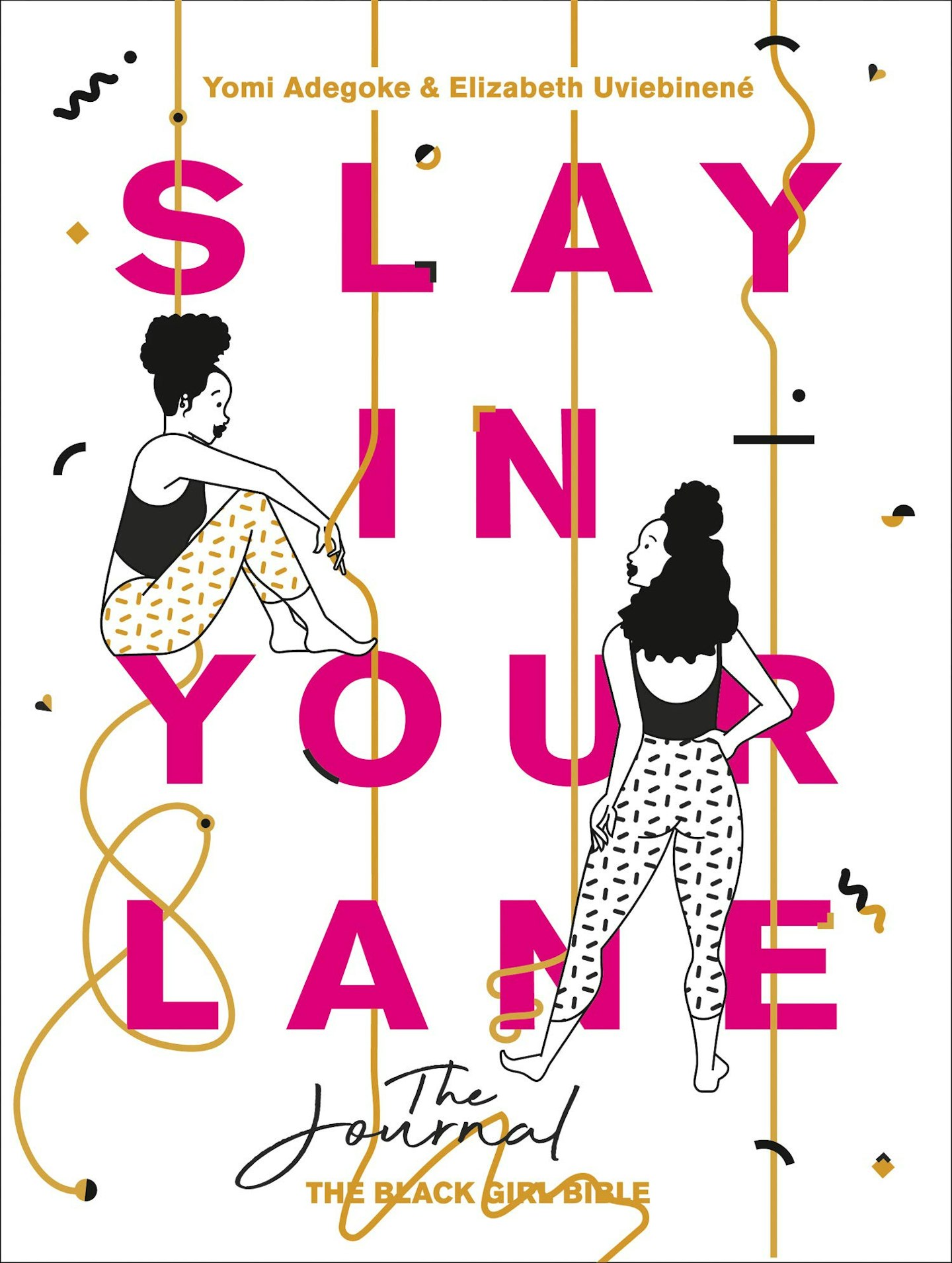 8 of 8
8 of 8Slay In Your Lane: The Journal
With Slay in Your Lane Elizabeth Uviebinené and Yomi Adegoke started a national conversation. Now they want you to join them in making changes. Packed full of practical exercises, worksheets, questionnaires and actionable tips, Slay in Your Lane: The Journal will help you get ahead in everything from relationships to starting a successful side hustle, building your personal brand, knowing your worth at work, finances, self-care, and health.
